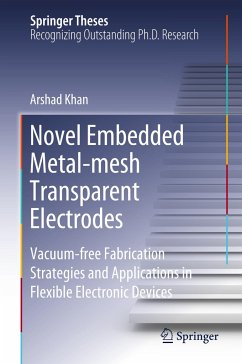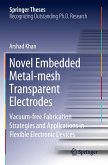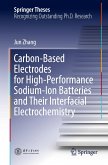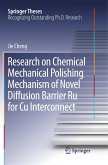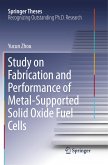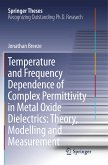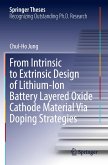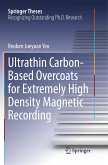This book presents fabrication approaches that could be adapted for the high-throughput and low-cost manufacturing of the proposed transparent electrode. It proposes and demonstrates a new type of embedded metal-mesh transparent electrode (EMTE) that offers superior electrical, optical, and mechanical properties. The structure of the EMTE allows thick metal mesh to be used (for high conductivity) without sacrificing surface smoothness. In addition, the embedded structure improves the EMTE's mechanical stability under high bending stress, as well as its chemical stability in ambient environments. These design aspects are then shown to be suitable for larger electrode areas, narrower metal-mesh line widths, and a wide range of materials, and can easily be adapted to produce flexible and even stretchable devices. In closing, the book explores the practical applications of EMTEs in flexible bifacial dye-sensitized solar cells and transparent thin-film heaters, demonstrating their outstanding performance.
Bitte wählen Sie Ihr Anliegen aus.
Rechnungen
Retourenschein anfordern
Bestellstatus
Storno

